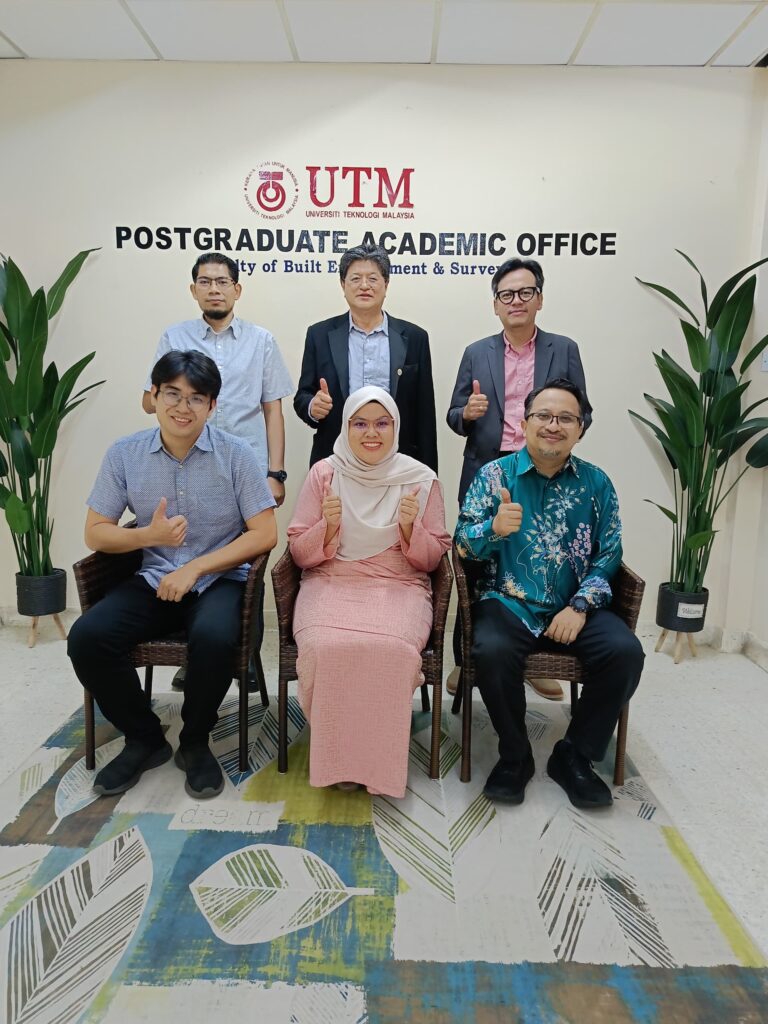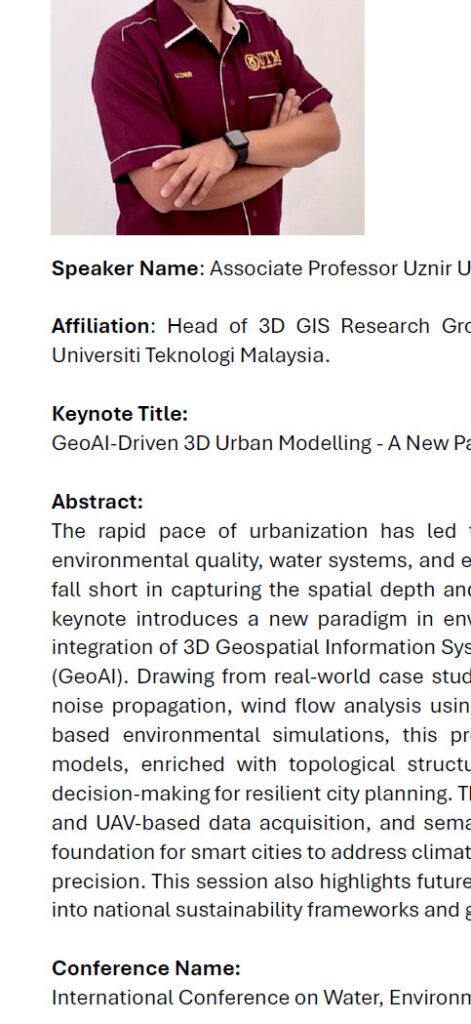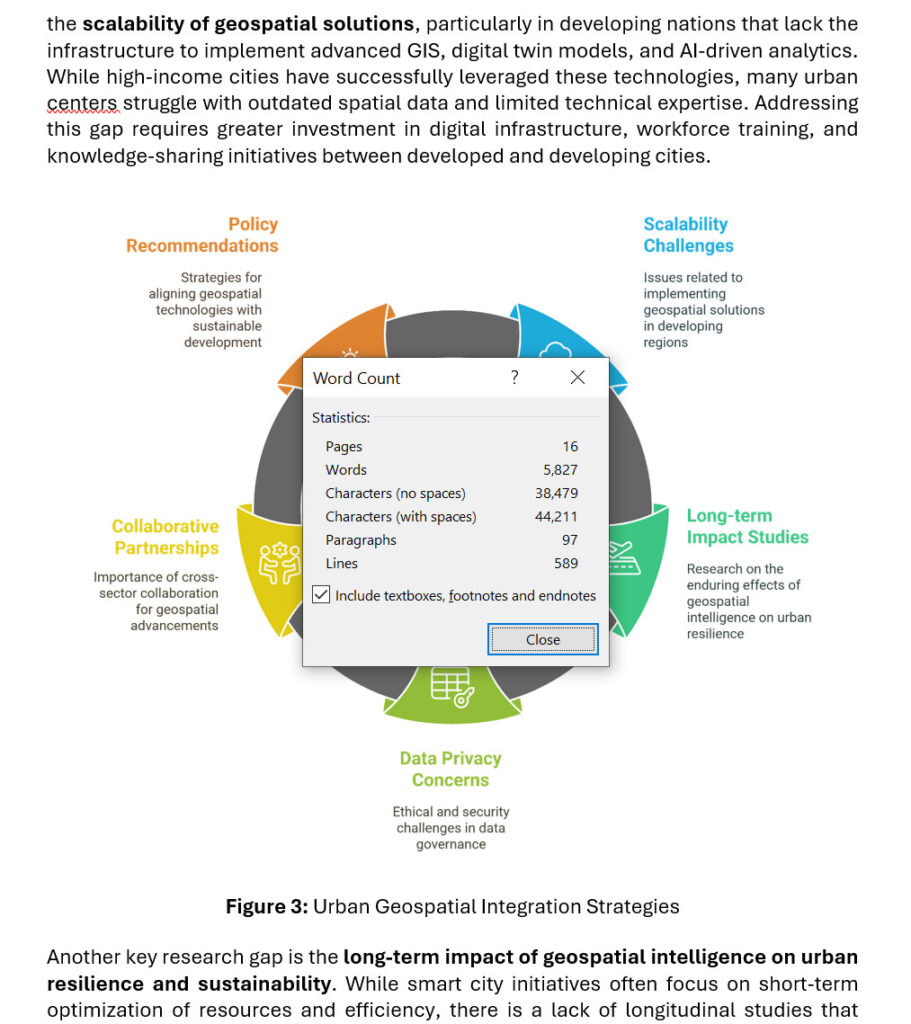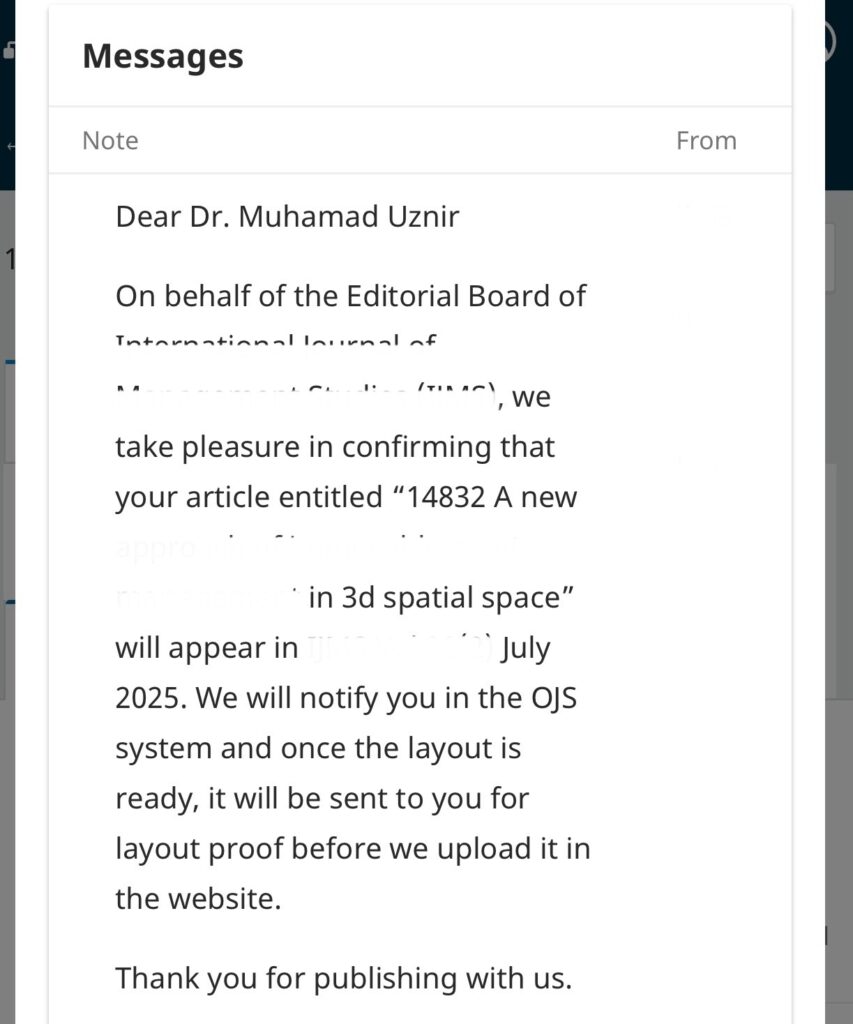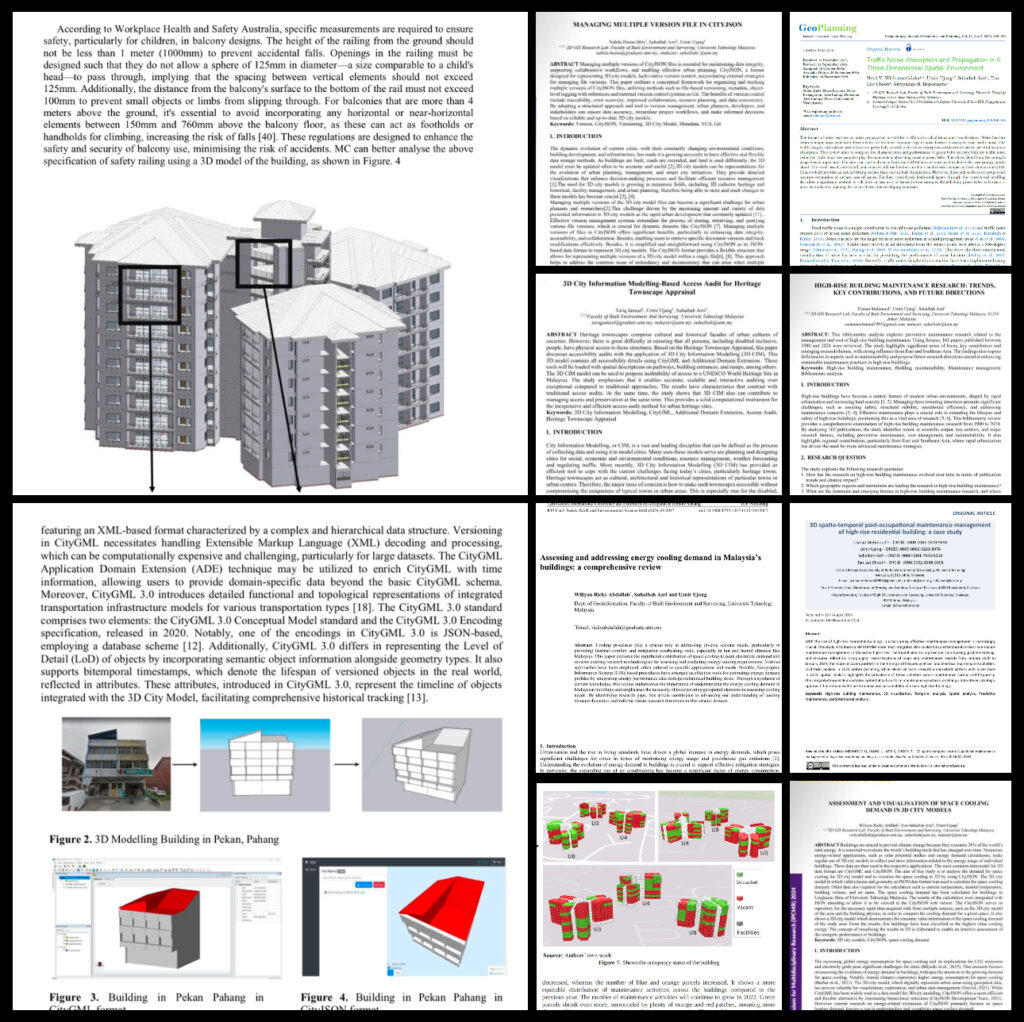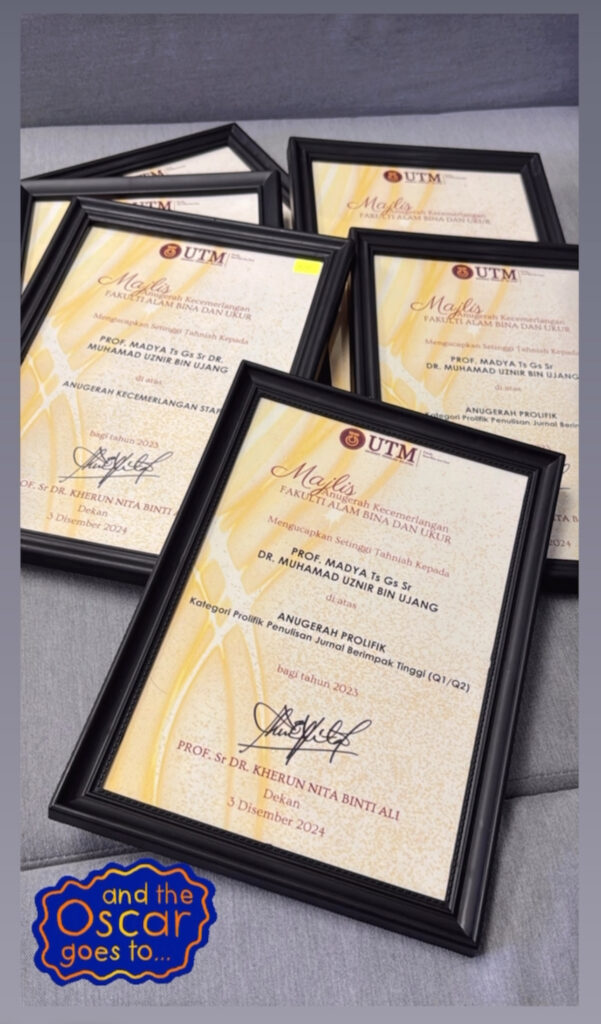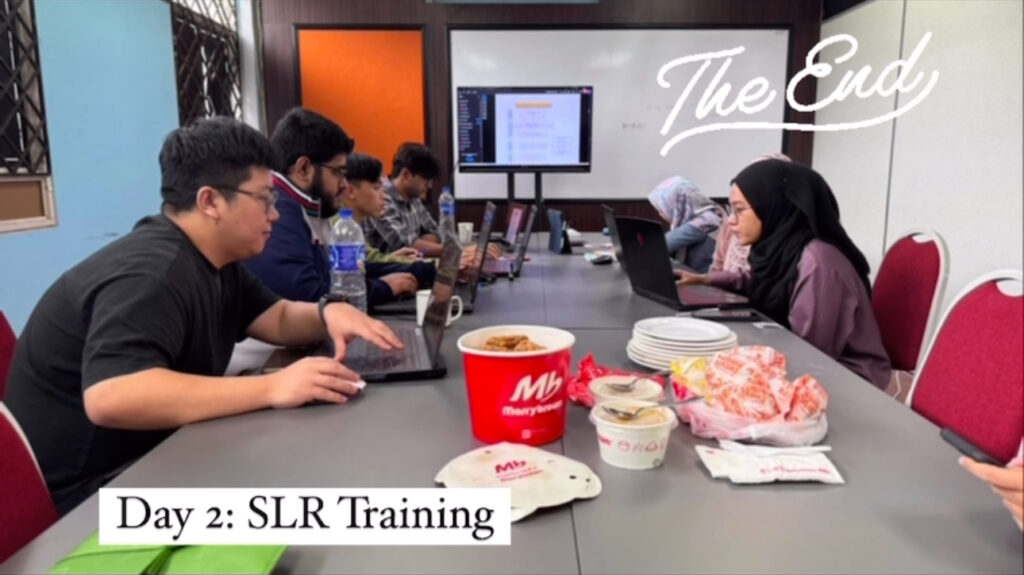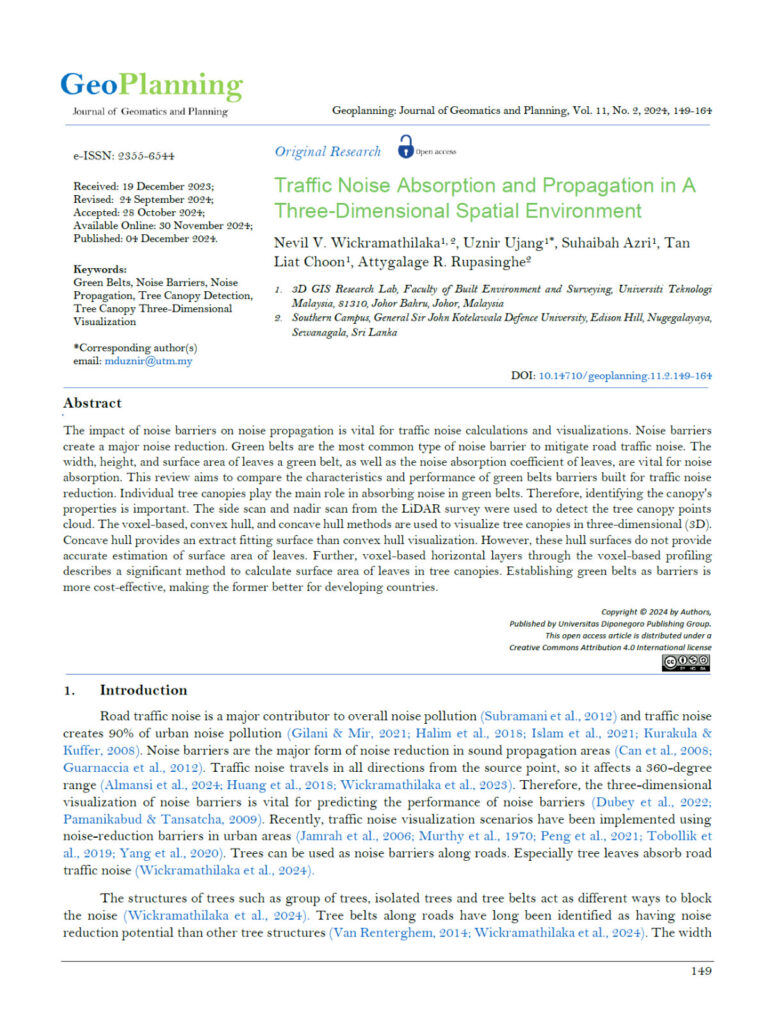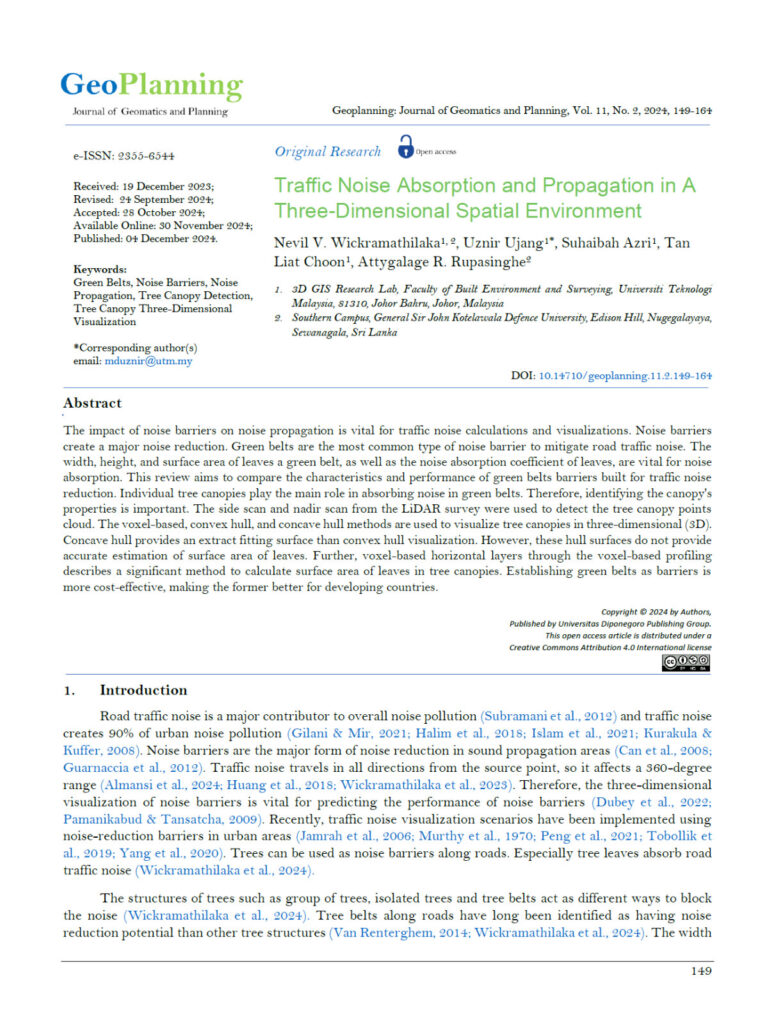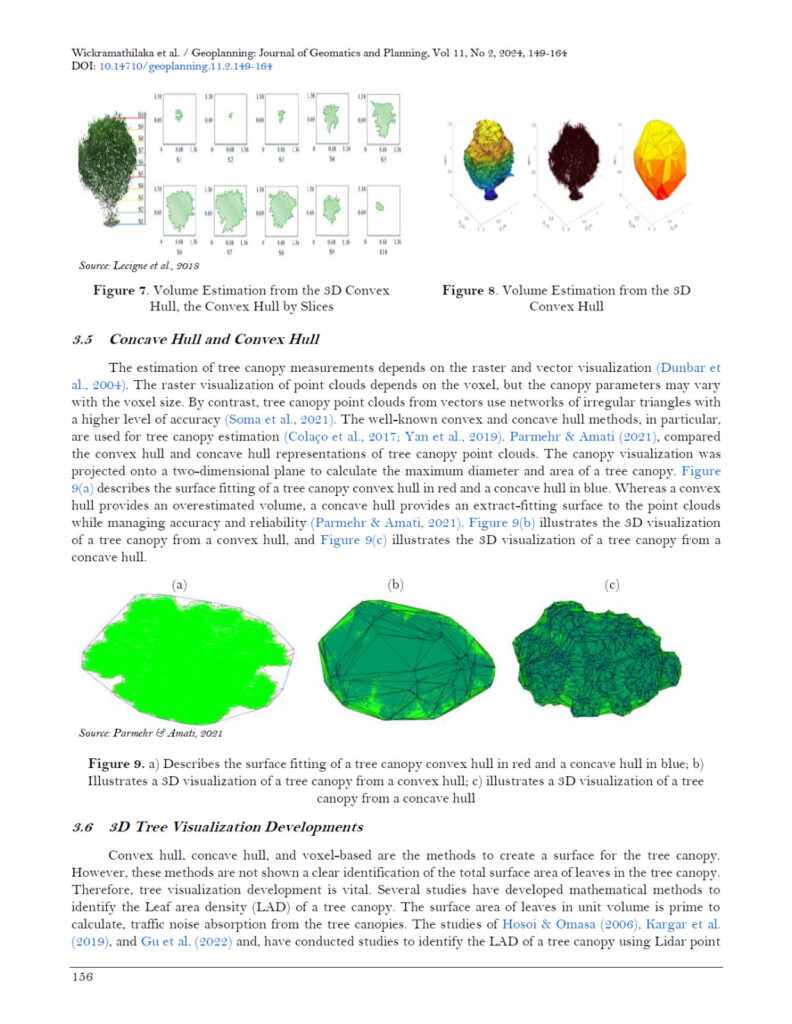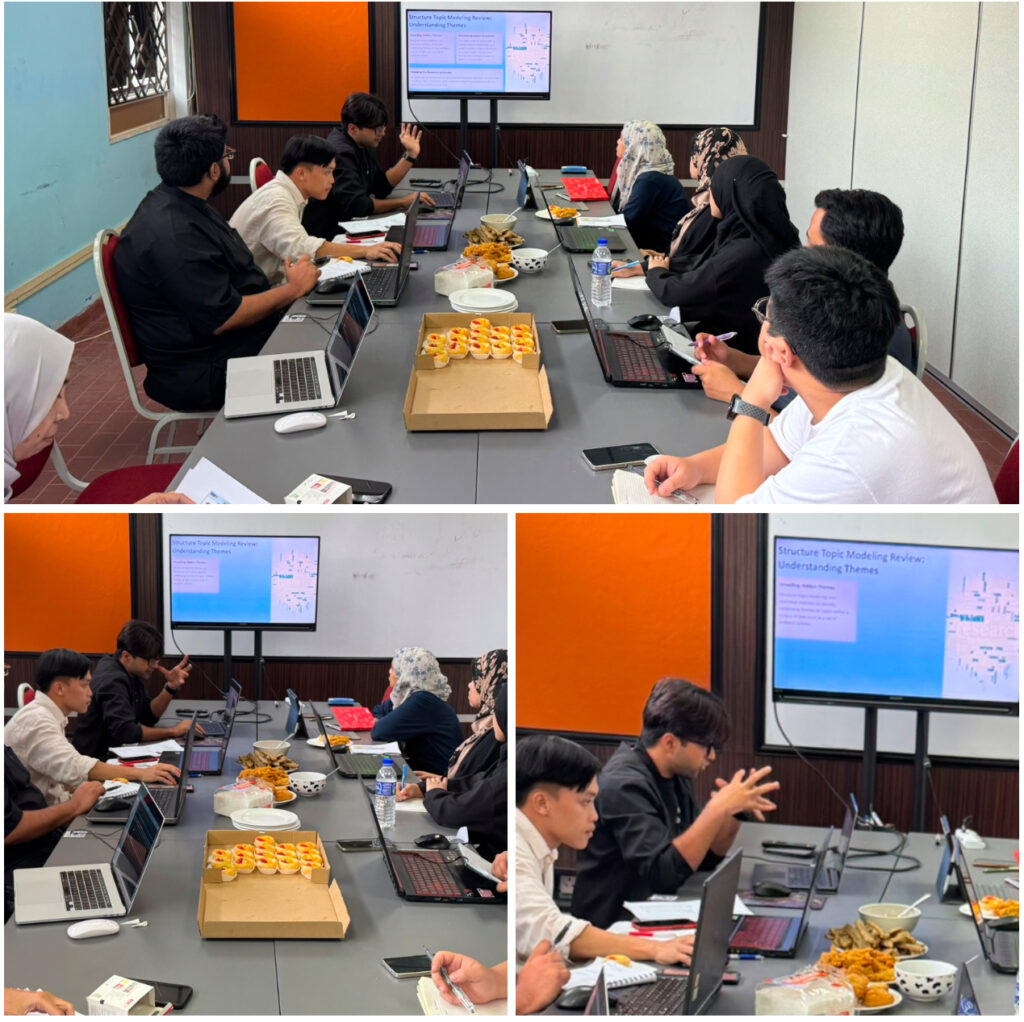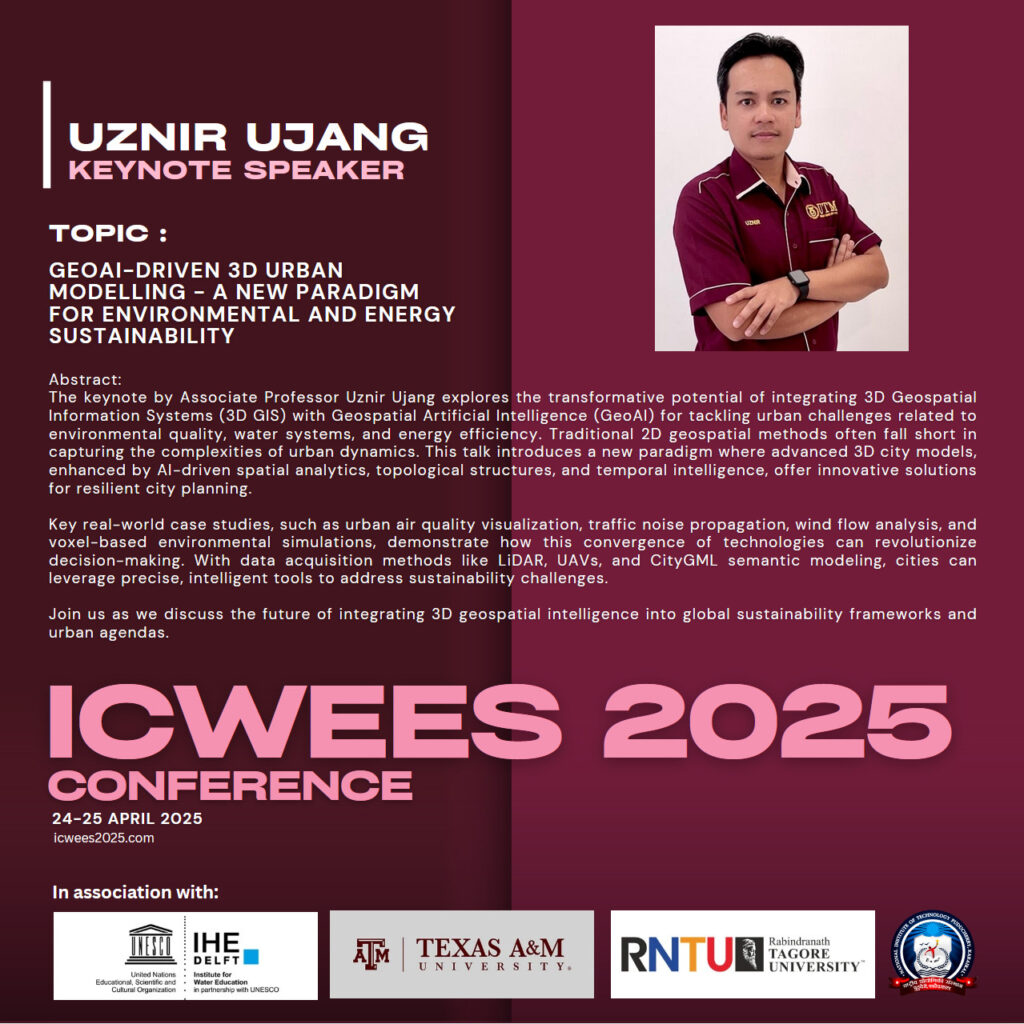
Keynote Abstract:
The keynote by Associate Professor Uznir Ujang explores the transformative potential of integrating 3D Geospatial Information Systems (3D GIS) with Geospatial Artificial Intelligence (GeoAI) for tackling urban challenges related to environmental quality, water systems, and energy efficiency. Traditional 2D geospatial methods often fall short in capturing the complexities of urban dynamics. This talk introduces a new paradigm where advanced 3D city models, enhanced by AI-driven spatial analytics, topological structures, and temporal intelligence, offer innovative solutions for resilient city planning.
Key real-world case studies, such as urban air quality visualization, traffic noise propagation, wind flow analysis, and voxel-based environmental simulations, demonstrate how this convergence of technologies can revolutionize decision-making. With data acquisition methods like LiDAR, UAVs, and CityGML semantic modeling, cities can leverage precise, intelligent tools to address sustainability challenges.
Join us as we discuss the future of integrating 3D geospatial intelligence into global sustainability frameworks and urban agendas.
